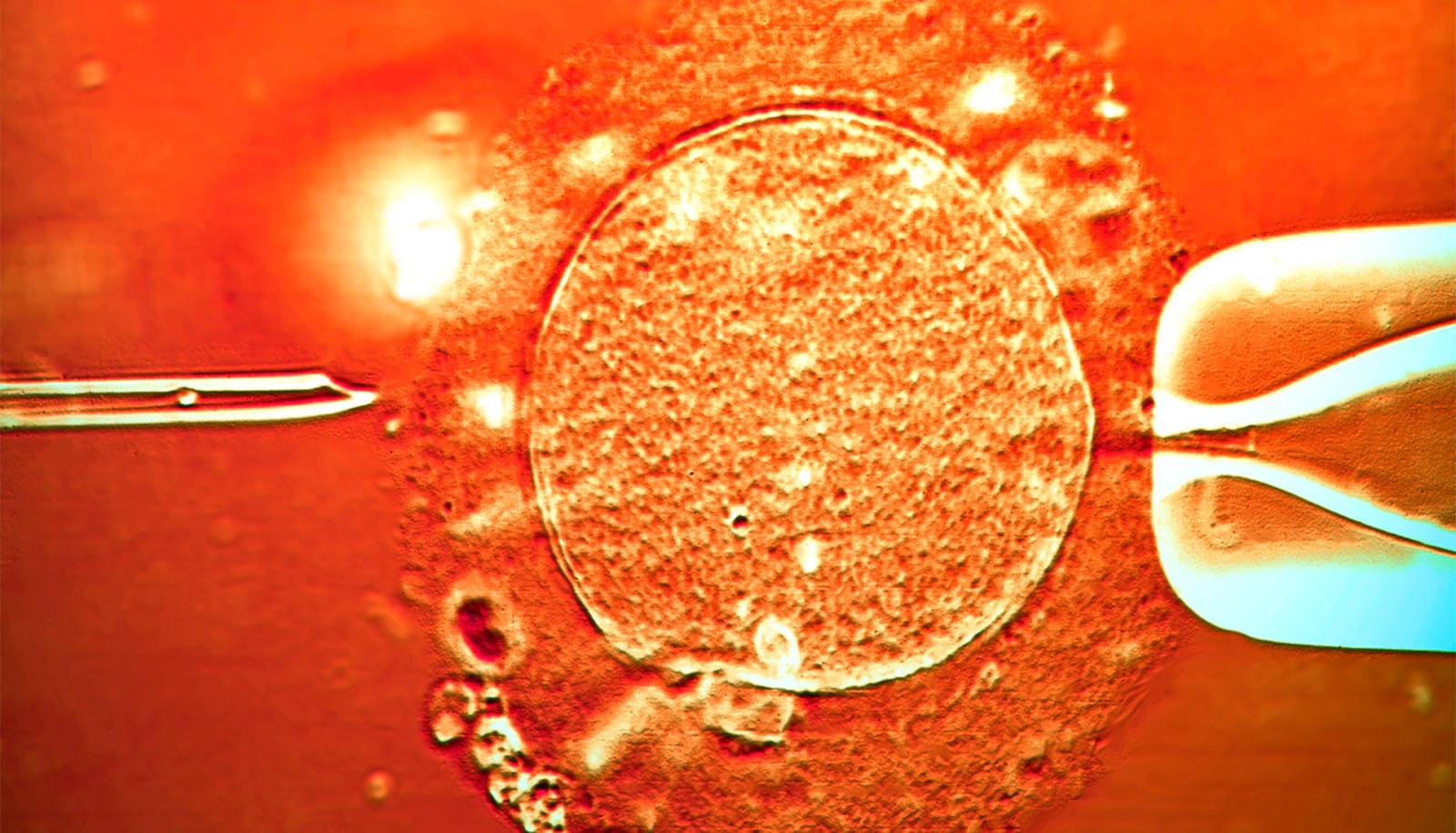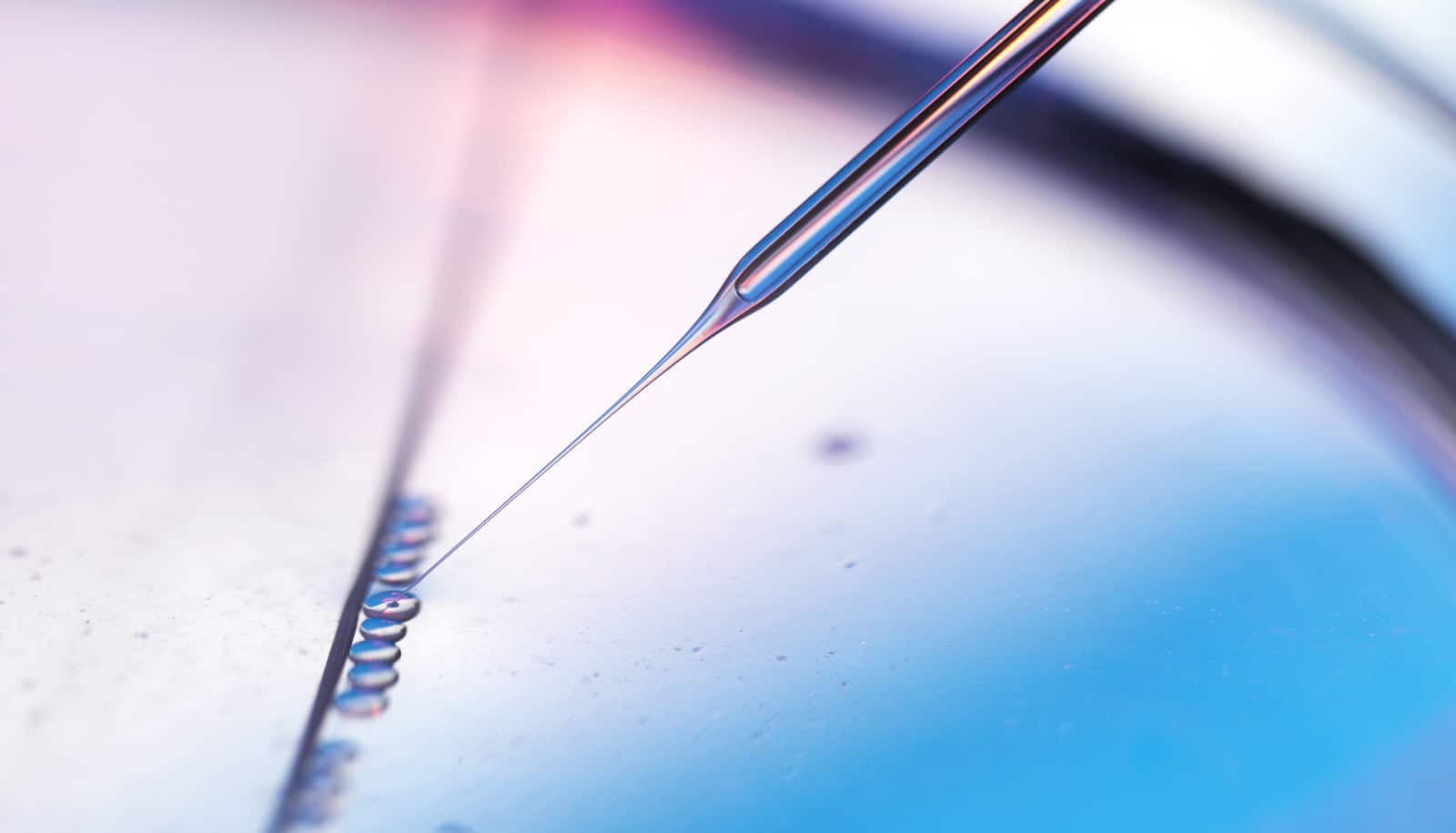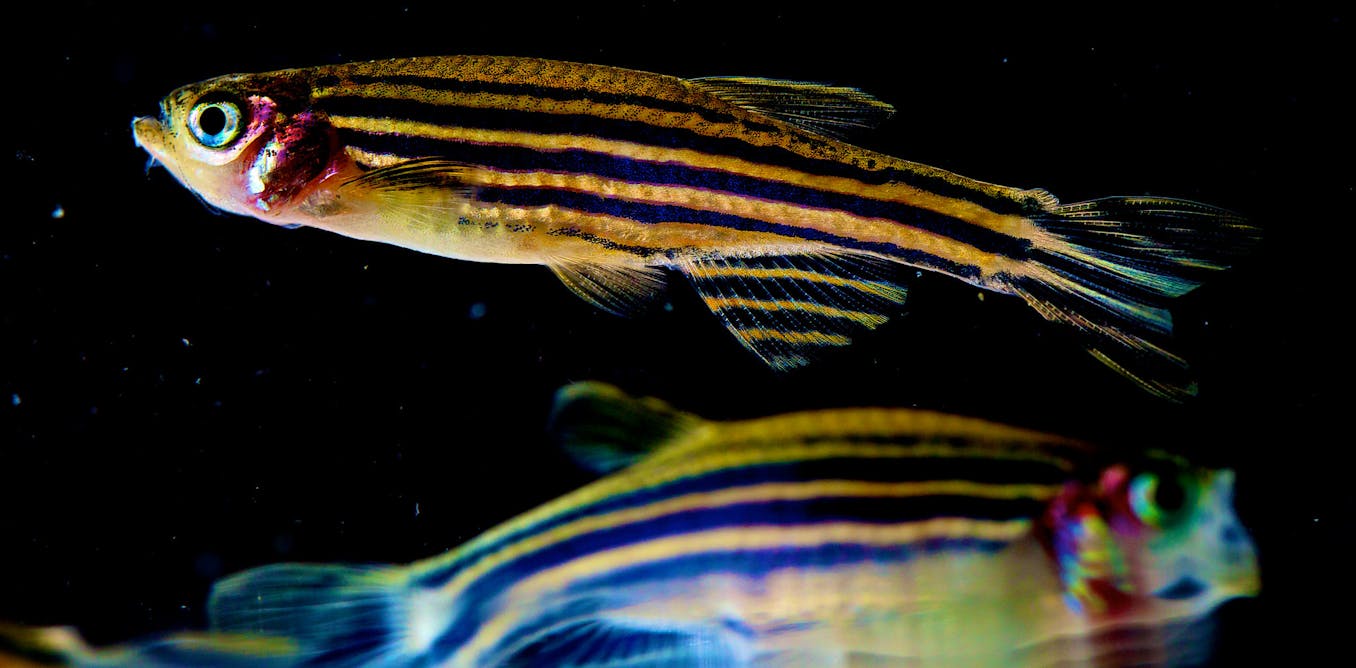‘Mini-placentas’ help scientists understand the causes of pre-eclampsia and pregnancy disorders
Scientists have grown ‘mini-placentas’ in the lab and used them to shed light on how the placenta develops and interacts with the inner lining of the womb –
Jan. 17, 2024 • ~6 min









